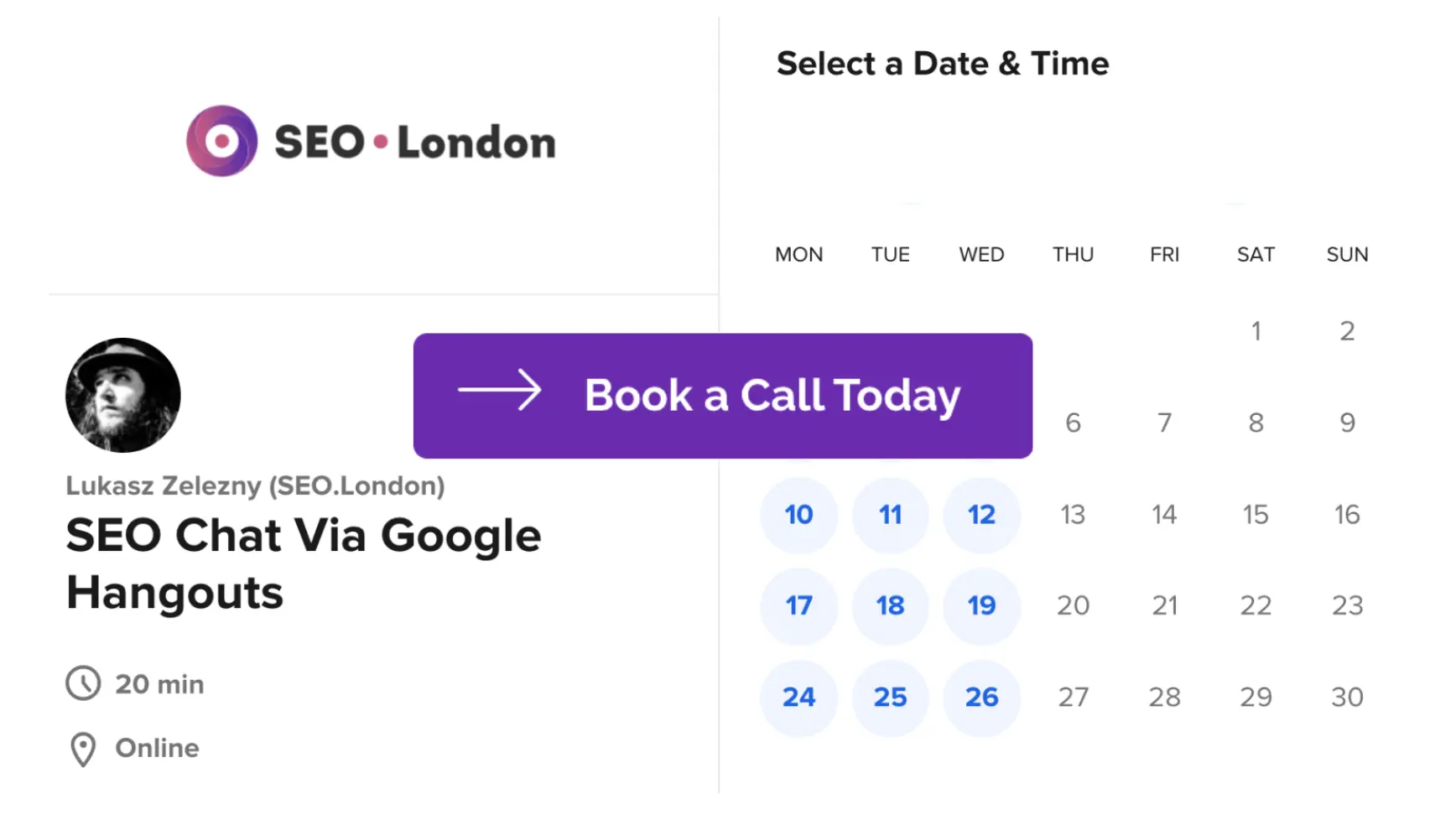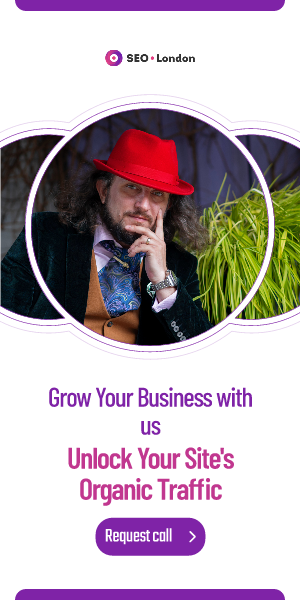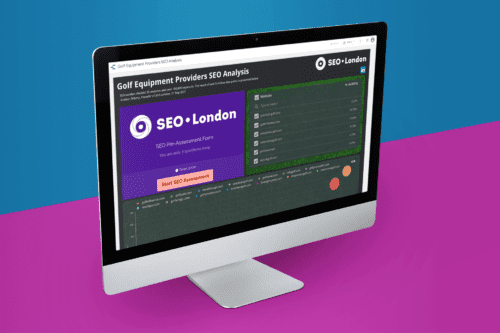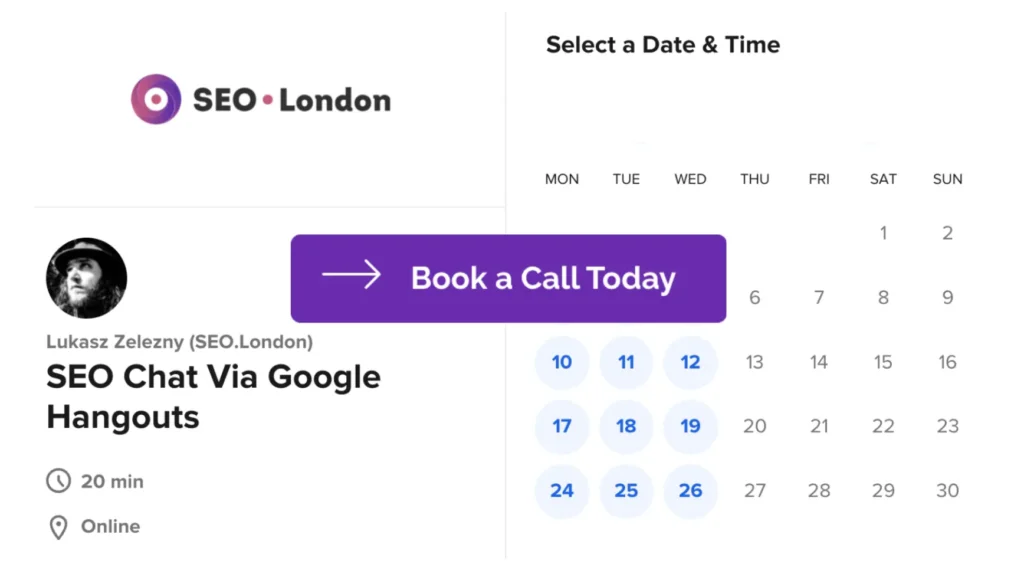As a travel agency seeking to make your mark in today’s digital age, you can’t afford to overlook the power of Search Engine Optimization (SEO). Should you underestimate it, you stand to lose potential clients who could easily be swept away by a competitor employing effective SEO strategies. To illustrate the importance of this online marketing tool, let the words of James Reynolds resonate with you; “Effective Search Engine Optimization Requires a Commitment, Not a Campaign.” The time to embrace SEO as part of your overall marketing strategy for your travel agency is now.
Introduction to SEO for Travel Agencies
There exists no denying that modern travellers turn towards search engines before any other source when planning their travels. As such, positioning your travel agency at the top of search engine results should be viewed as an essential part of your business strategy. Additionally, optimizing your Google Business Profile is crucial for better online presence, attracting prospects, and increasing visibility with potential customers.
Increase your online presence with Lukasz Zelezny, an SEO Consultant with over 20 years experience — schedule a meeting now.

The Importance of SEO in the Travel Industry
Perhaps more so than other industries, the success of businesses operating within the travel sector relies heavily on visibility and discoverability. In today’s world, this means online presence and accessibility. It’s not uncommon for potential travelers to initiate their travels with simple phrases entered into Google like “best Caribbean cruises” or “luxury safari lodges in Africa”. Now imagine if your website ranks first when such queries are made – simply put, that equates to increased website traffic, better engagement rates and most importantly higher conversions.
Understanding the Unique SEO Needs for Travel Agencies
While broad-spectrum SEO tactics apply across all sectors including travel agencies, some needs are uniquely tailored towards this industry. It is crucial to optimize for Google and other search engines to ensure your website’s relevance to specific niches or locations. For instance, there’s an inherent need to focus on local SEO fronts considering many travellers seek localized experiences during their adventures. Coupled with this is an overarching necessity for mobile optimization given these digitally savvy travellers tend use mobile devices throughout their exploration journey right from discovery stage down to booking confirmation. As we delve further into this, you’ll understand how to leverage SEO as a preferred tool for your travel agency’s growth and success.
Essential SEO Strategies for Travel Agencies
As travel agencies look to gain an edge in an increasingly crowded market, implementing strategic SEO measures is crucial. By understanding and utilizing specific tactics tailored to the unique requirements of the travel industry, businesses can significantly enhance their visibility and attract more travelers. Using internal links to improve website structure and user experience is also essential. Here are a few essential steps to consider:
Conducting Comprehensive Keyword Research with Google Keyword Planner
When it comes to SEO for travel agencies, it all starts with comprehensive keyword research. Understanding what potential clients are searching online is key to positioning your business effectively. Using Google Keyword Planner can help analyze search volume estimates and identify relevant keywords for specific events or travel destinations.
Understanding User Intent
One significant aspect of conducting keyword research involves deciphering user intent. This revolves around understanding exactly what information users hope to find when they type certain keywords into search engines. For instance, someone typing ‘affordable Paris vacations’ is most likely looking for budget-friendly travel packages or deals.
Incorporating Long-Tail Keywords
I cannot overstate the importance of incorporating long-tail keywords within your content. These longer and more specific keyword phrases have less competition which makes ranking on top easier on search engines such as Google. For example, instead of just targeting ‘Paris vacations,’ one could use ‘best family-friendly vacation spots in Paris.’ Such specificity attracts a highly targeted demography hence optimizes conversions.
Seasonality and Its Impact on Keywords
Additionally, you need to pay keen attention to seasonality factors while conducting your keyword research. Notably, traveler’s search patterns may drastically change depending on different seasons; hence you should tailor your content accordingly.
Get More Customers Online with Lukasz Zelezny, an SEO Consultant with over 20 years experience — schedule a meeting now.

Creating Engaging and Informative Content
After establishing which keywords would be optimal for your service delivery, now move ahead by crafting interesting and informative content that incorporates these vital words seamlessly.
Writing blog posts is crucial for keyword integration and link building.
What to ask an SEO Consultant
The Role of Blogging in Attracting Travelers
Blogging serves as a remarkable method of drawing attention towards your site while providing potential clients useful insights about various destinations or other related topics that spark interest in traveling. With this approach from SEO.London by Lukasz Zelezny, you will not only enhance organic traffic but also nurture a rich brand authority within your specialty.
Utilizing Visual Content: Images and Videos Optimization
In the travel industry, the saying ‘a picture is worth a thousand words’ couldn’t be more accurate. People want to visualize potential vacation spots before deciding. So, ensure that your images and videos are properly optimized with keywords in their alt text, description and file names.
Guest Posting Opportunities
Lastly, don’t underestimate the value of guest blogging on relevant websites to spread awareness about your agency and gain quality backlinks. This link building strategy can give your site a significant SEO boost while reaching out to new potential clients at the same time.
From understanding user intent during keyword research to creating compelling visual content and leveraging guest posting opportunities – each step is designed to push you closer towards SEO success for your travel agency. By effectively executing these strategies, higher rankings on search engine results pages are well within reach.
Optimizing Website Structure and User Experience (UX)
In the arena of SEO for travel agencies, it’s crucial not to overlook the significance of an optimized website structure coupled with great user experience (UX). Travelers are continuously on the move, constantly seeking information quickly and efficiently. Therefore, honing your website structure and UX would greatly improve their exploration. Additionally, optimizing web pages is essential for better user experience and SEO.
Mobile Optimization for Increased Accessibility
It’s no secret that mobile usage has seen a dramatic surge in recent years. Whether travelers are dreaming about potential vacations or planning specific details, they often rely on their devices.
As part of your strategy when tackling SEO for a travel agency, setting emphasis on mobile optimization is key. Here’s why:
- Better Ranking: Google has long embraced a ‘mobile-first’ approach when indexing and ranking websites. Having a mobile-friendly site sends positive signals to Google’s algorithm.
- Increased Visibility: A streamlined mobile experience will keep visitors engaged longer, decreasing bounce rates and enhancing visibility on search engine result pages (SERPs).
- Higher Conversion Rates: Mobile users behave differently compared to desktop users; they make swift decisions and demand smooth booking proceedings which can lead to higher conversion rates if properly targeted.
- Competitive Edge: Many companies fail to offer fluid experiences across all screens – so there lies an opportunity.
Therefore, ensuring that your site is fully accessible via multiple interfaces – smartphones or tablets – isn’t merely an added advantage but rather a necessity in achieving successful SEO for travel agencies.
Implementing User-Friendly Navigation
The goal here is straightforward: create the simplest possible path for your customers from arrival to booking – maximizing conversions while minimizing friction along the way.
Effective strategies include:
- A Clear Hierarchical Layout: The key to user-friendly navigation begins with structuring your site logically based upon user needs.
- Intuitive Lead: Use clear labels for menus and categories which represent familiar language users intend to find on a travel website. Drop-down menus provide an accessible view of subcategories right off the bat.
- Internal Linking: This bears double benefits – It assists users in finding their desired content, whilst sending precise signals to Google about your site structure.
As you venture into optimizing SEO for a travel agency, striding this extra mile would help ensure your audience sticks with you throughout their journey, leading to higher engagement levels and potentially increased bookings, thus rendering your mission successful.
On-Page SEO Tactics
As the world-renowned digital marketing expert, Amit Kalantri said, “The secret of a high-ranking website is not its colours but its content.” This is particularly true in on-page SEO tactics. Let’s delve deeper into this.
Leveraging Meta Titles and Descriptions Effectively
In an effective SEO for travel agency strategy, meta titles and descriptions play pivotal roles. They provide a snapshot of your webpage to both users and search engines alike.
A well-crafted meta title should include your primary keyword, be succinct yet descriptive enough to encourage clicks. For example, an ideal meta title could be “Affordable European Tour Packages | Your Travel Agency Name”.
It’s also essential to create persuasive meta descriptions as they serve as organic ad text. Though they do not directly contribute to rankings, meta descriptions can influence click-through rates. Be sure to incorporate relevant keywords here too!
At SEO.London by Lukasz Zelezny, we have proven strategies that simulate customer engagement by crafting compelling meta titles and descriptions that appeal directly to customer interests.
Optimization of Landing Pages
Landing page optimization is paramount in the quest for successful SEO initiatives. It involves making calculated changes that attract visitors and lead them further down your sales funnel.
Creation of Destination Specific Pages
Creating destination-specific pages is a potent tactic when optimizing for ‘seo for travel agency’. Each of these pages will focus on individual locations your agency services or tour packages you offer targetting specific geographical areas. Thus, enabling the site structure with information-rich silos associated with every potential location a user may look up.
Make sure each destination page includes unique content – such as visually appealing images, engaging video clips & informative articles about local attractions — all aimed at enriching the user experience on your site.
Personalized Itinerary Pages
As a best practice, travel agencies should set up personalized itinerary pages as well. These offer potential customers a detailed plan of their trip including sightseeing spots, accommodation types and likely experiences offered in the tour package.
These unique pages, tailored to customer search queries, significantly enhance user experience thus boosting organic traffic. Remember to integrate strategically researched keywords within the itinerary details for optimum SEO value.
Instructive consultancy services from SEO.London by Lukasz Zelezny can equip you with much-needed insights and expertise in creating destination-specific and personalized itinerary pages that make your website more noticeable for search engines and engaging for users worldwide.
Technical SEO Considerations
In the quest for improved search engine rankings, many travel agencies don’t take a close look at the technical aspects of their websites. Little do they know, these technical facets form the bedrock upon which reliable and effective search engine optimization (SEO) is built.
As highlighted by Neil Patel, an authority in digital marketing, “No website can stand without a strong backbone. And that backbone is technical SEO.” Now let’s delve into some critical aspects of technical SEO within the scope of this article: Speed Optimization and Secure Browsing via HTTPS.
Speed Optimization for Faster Loading Times
Your site’s loading speed directly impacts user experience, something Google puts significant weight on when it comes to ranking pages. If your site takes ages to load, chances are users will quickly exit, resulting in high bounce rates – an outcome unfavorable in Google’s eyes.
To optimize your site’s speed:
- Limit use of heavy images and videos.
- Implement lazy loading to delay the loading of images/videos until they’re needed.
- Use caching plugins to create static versions of your pages.
- Regularly update your web platform software and all installed plugins.
- Deploy CDN (Content Delivery Networks) technology for faster delivery times across different geographical locations.
High website performance coupled with valued content not only pleases visitors but also encourages Google to bump up your visibility on potential customer searches.
Secure Browsing via HTTPS
Internet security remains a crucial concern for everyone online – including wanderlusters searching for their next dream vacation package on your travel agency’s website! That said, having a secure connection is one more factor that can positively affect people’s perception about your credibility.
Moving from HTTP to HTTPS gives you leverage because visitors feel safer while browsing through deals on your site knowing their information is secured through encryption assured by an SSL certification. For you and your business, this means improved trust scores, more significant site traffic, higher conversions, and of course – better rankings.
However, the transition to HTTPS should be executed without glitches – incorrect implementation can lead to loss in rank! Consulting businesses like SEO.London by Lukasz Zelezny can make this transition seamless while assuring increased organic visibility, which is what SEO for travel agency truly aims at.
Thus, when looking to enhance your SEO strategy as a travel agency remember that speed and security are not just preferences anymore. They’re necessities. Adopt these techniques now and build a robust foundation for all your future digital success.
Local SEO Strategies
Drive your digital presence to new heights — become the travel agency everyone in town is talking about. In this era of online search predominance, local SEO has carved its own niche within the broader optimization framework. But, what exactly is it?
Local SEO involves strategies designed to increase an entity’s visibility in locally conducted searches. As a travel agent looking to capture regional business, you ought not to overlook these localized tactics. Let’s delve into two core elements: ‘Google My Business’ and ‘local citations’.
Claiming and Optimizing Your Google My Business Listing
Did you know that 46% of all Google search queries are seeking local information? To tap into this demand, “Google My Business” (GMB) should be your first port of call.
It works like so: You stake your claim on a free GMB listing for your travel agency, then optimize the page to reach out to local explorers googling their next adventure. It displays your name, address, contact details right at the moment potential customers are trying to find them — and not just those actively looking for you but anyone interested in services ‘near me.’ This immediacy boosts credibility and positively influences purchasing decisions.
To truly master SEO for a travel agency through GMB:
- Verify your listing to prevent fraudulent activities.
- Keep all information current with prompt updates when changes happen.
- Incorporate high-quality photos or videos showcasing tour packages or compelling visuals of destinations.
- Actively respond to reviews — hailing positive ones warmly and addressing negative feedback empathetically.
Remember what Rand Fishkin advises us: “Best way to sell something: don’t sell anything. Earn the awareness, respect, and trust of those who might buy.” That’s precisely what optimizing GMB does!
Building Local Citations
In addition to leveraging Google My Business, you can supplement your SEO efforts by building local citations. A citation is any online mention of your travel agency — importantly taking in the “NAP” details (Name, Address, Phone number).
Local citations help increase the recognition and visibility of your business through multiple channels – be it on local directory websites, social media platforms or industry-specific portals. The synchronized information across numerous platforms solidifies both credibility and brand image.
However, it’s no mere numbers game. Quality matters as well:
- Prioritize reputable directories that carry authority.
- Avoid scenarios where incorrect version of NAP details are live – it muddles search engine confidence.
- Actively manage these listings for timely updates.
By following these essential steps with a keen eye for detail, you’ll set yourself apart from the competition and grow your local customer base exponentially. Reap the benefits of tailored SEO strategies for your travel agency!
Leveraging Social Media for SEO
In the context of SEO for a travel agency, social media can play an integral role. Underpinning this strategy is the understanding that engaging on such platforms extends beyond casual interaction and has potential reverberating impacts on your website’s visibility.
Incorporating Social Sharing Buttons
One simple but effective method to bolster this impact is through the incorporation of social sharing buttons onto your website. These are tiny icons representing different social media platforms such as Facebook, Twitter, Instagram or Pinterest.
Here are some compelling reasons to consider them:
- Ease of use: By a simple click, visitors effortlessly share your content across their own networks, serving you wider coverage.
- Boosted engagement: As interested parties interact and share your content within their circles, it naturally generates more visits to your site.
- Improved user experience: Making sharing easy optimizes user experience on your site, which signals enhanced value to search engines.
It’s clear how these little buttons could lead into huge advancements in terms of page views and increased exposure in search results.
Creating Share-Worthy Content
Creating high-quality share-worthy content is another core part of leveraging social media for SEO in your travel agency operations.
Let’s break down some characteristics of content people tend to share:
- Highly Instructive: This could take the form of step-by-step guides or tips about booking trips — anything that offers valuable knowledge or information related to traveling.
- Visually Engaging: Well-placed vibrant images or captivating videos about enticing locales hold potent power in capturing attention and stirring emotions – keys towards driving shares.
- Unique Perspectives: Offering fresh takes or insights not readily available elsewhere keeps readers coming back while sparking conversations around shared topics within online communities.
In brief, focusing efforts on crafting content with these features assists not just in encouraging more users to hit those previously mentioned sharing buttons but also in establishing a stronger brand authority – both of which results into an enhanced SEO ranking.
Remember, while social media doesn’t influence SEO directly, its impacts are certainly indirect. Ranking higher on search engines means visibility to more potential clients – the ultimate goal for successful SEO for travel agencies.
 Published in: June 2024
Published in: June 2024
Last Updated in 2024-06-17T01:11:15+00:00 by Lukasz Zelezny




